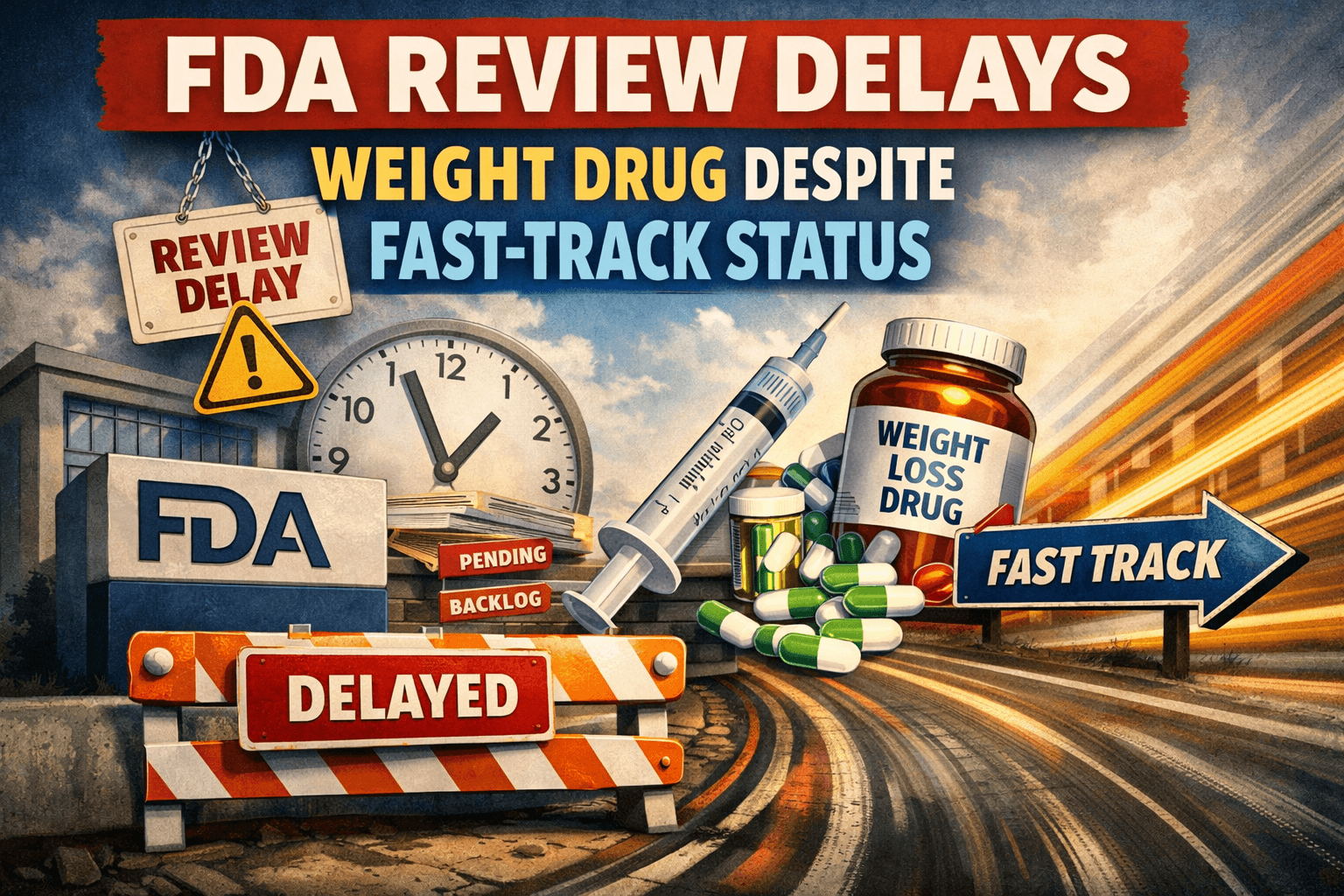The Two Faces of the FDA
Aug 27, 2025
By the Editorial Board, August 27th, 2025 | The Wall Street Journal
The Food and Drug Administration can sometimes resemble Dr. Jekyll and Mr. Hyde, and last week showed both faces. While the agency agreed to reconsider its recent rejection of a drug for one debilitating rare disease, it scuttled a medicine for another based on strange reasoning.
We recently told you the FDA was strangling a medicine by Stealth BioTherapeutics for Barth syndrome. The genetic disorder, which afflicts only about 150 Americans, causes a fatal weakening of the heart, muscles and immune system. Most patients die as children or young adults.
Running drug trials for a rare disease is inherently difficult because there are too few patients for a placebo group. Different FDA divisions have ping-ponged Stealth since 2019 with ever-changing demands on how to run studies to prove its experimental drug is effective.
After running this bureaucratic gauntlet, Stealth applied for approval in January 2024. Its drug was designated by the agency that spring for “priority review”—a fast-track process for medicines that treat debilitating diseases and which is supposed to result in an agency decision in six months. A year and a half later, Stealth remains in regulatory limbo.
An FDA advisory panel last fall recommended approval, but agency staff disagreed. They then extended their review and made more demands on the company—only to reject the medicine in May and suggest Stealth reapply with information it had already provided. Oh, and this new review would take at least six months.
Repeat FDA delays have made it difficult for Stealth to raise money. Stealth has slashed its workforce by 30% and recently warned it might not survive this latest FDA delay. That would mean patients now receiving the drug as part of a special program would lose access. Call it death by bureaucracy.
After we spotlighted the Barth patients’ plight in an editorial, the FDA said last week it would reconsider Stealth’s drug and render a decision by Sept. 26. Good to hear. Commissioner Marty Makary keeps saying he wants to make drug reviews for rare diseases faster and more flexible. This is a chance to show he means it.
Meanwhile, the FDA’s Mr. Hyde resurfaced last week, rejecting a medicine for Friedreich’s ataxia by PTC Therapeutics. The genetic disorder, which afflicts about 5,000 patients in the U.S., is similar to Barth syndrome in affecting mitochondria—the cell’s energy factories—and results in fatigue, difficulty walking, and heart problems. Most patients die young.
PTC’s placebo-controlled trial showed children on its medicine significantly improved on the most important metric—maintaining upright stability. But the drug failed to show a statistically significant benefit on a couple of other benchmarks. Why? Because the placebo comparison group didn’t significantly deteriorate on these measures during the trial.
That doesn’t mean the drug is ineffective. Nonetheless, the FDA claimed the drug lacked “substantial evidence of efficacy” based on its rote statistical analysis and insisted that PTC run a new “adequate and well-controlled” trial that could take years. Meantime, many children could lose the ability to walk, and some may die.
George Tidmarsh, whom Dr. Makary tapped last month to oversee the FDA division responsible for reviewing the PTC drug, may be reluctant to overrule staff because he has criticized former agency leaders for doing so. But bosses in any organization make decisions with which employees disagree. That’s why they’re bosses.
If the FDA plans to reject medicines based on a mechanical analysis that ignores the totality of evidence, why does the agency need human reviewers? AI can do that. If Dr. Makary wants to fast-track treatments for rare diseases, he’ll put the agency’s Mr. Hydes in hiding.
Type something …
Search

















